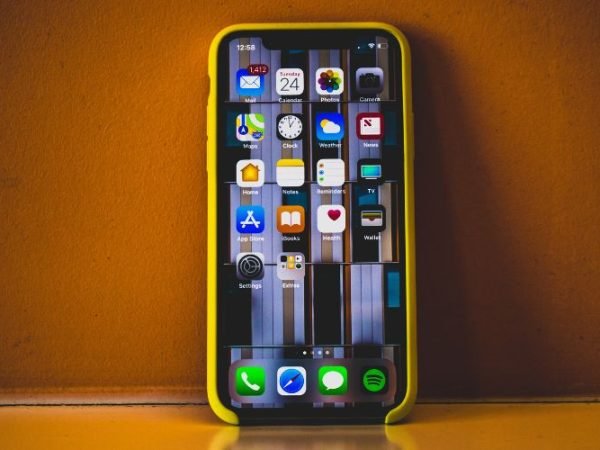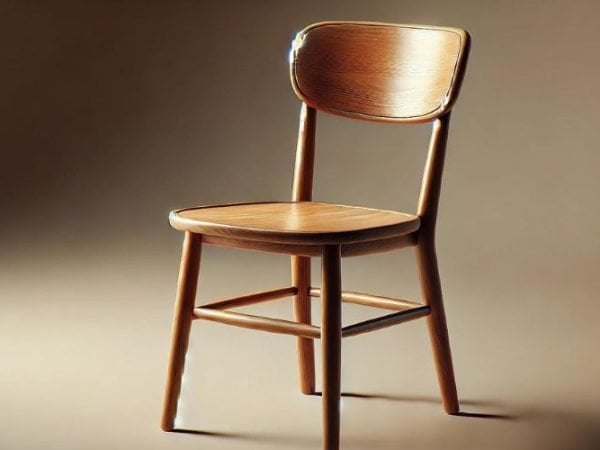Briefly
Horns carry a broad spectrum of symbolism throughout various cultures, with common interpretations suggesting power, divinity, and protection. They are often used as a representation of the animal kingdom, depicting robust wildlife like bulls, goats, and deers that are revered for their strength, agility, and endurance. In this regard, the horn symbolism can embody the spirit of resilience and vitality, relating to the life force that drives survival and growth. Moreover, their sharp, protruding nature recalls the idea of defensive mechanisms, suggesting a symbol of protection. From a metaphysical perspective, horns are also seen as a conduit of divine power, often associated with gods and deities.
Horn in Dreams
Dreams about horns can be interpreted from a psychological perspective, often relating to the individual’s personal power or lack thereof. If one dreams of a horn, it could represent their desire for recognition, dominance, and control, symbolizing a need to assert themselves in a situation or relationship. Horns in dreams might also indicate a call to action or a warning sign, suggesting that the dreamer needs to pay attention to a specific situation. In addition, such dreams could signify feelings of aggression or threat, possibly revealing underlying anxieties or fears. The presence of horns in dreams could also represent fertility and sexual desires, drawing from the association between horns and virility in certain cultures.
Horn in Myths and Folklore
Horns hold a significant place in myths, folklore, and religious narratives across the world. In Greek mythology, the god Pan, known for his wild nature, was depicted with goat-like horns, symbolizing his connection to fertility and nature. Similarly, in Celtic tradition, the horned god Cernunnos was revered as the deity of animals, wealth, and the underworld. Norse mythology identifies horns with the god Odin who receives the mead of poetry from the horns of Heidrun, the goat. In many African cultures, horns are symbolically linked with ancestors and are used in rituals for communication with the spirit world. Even in Christianity, the horn is present in the biblical account of the walls of Jericho falling down after the Israelites blew their horns. Thus, the horn’s symbolism in myths and folklore ranges from the representation of divine entities to communication tools with the supernatural.

Reviewed by Alexander Lys, M.L., a specialist in the field of symbolism research and dream psychology. A certified participant in numerous psychological seminars and courses, the author of hundreds of articles on psychology, including studies on symbolism in dreams and myths from a scientific perspective.



